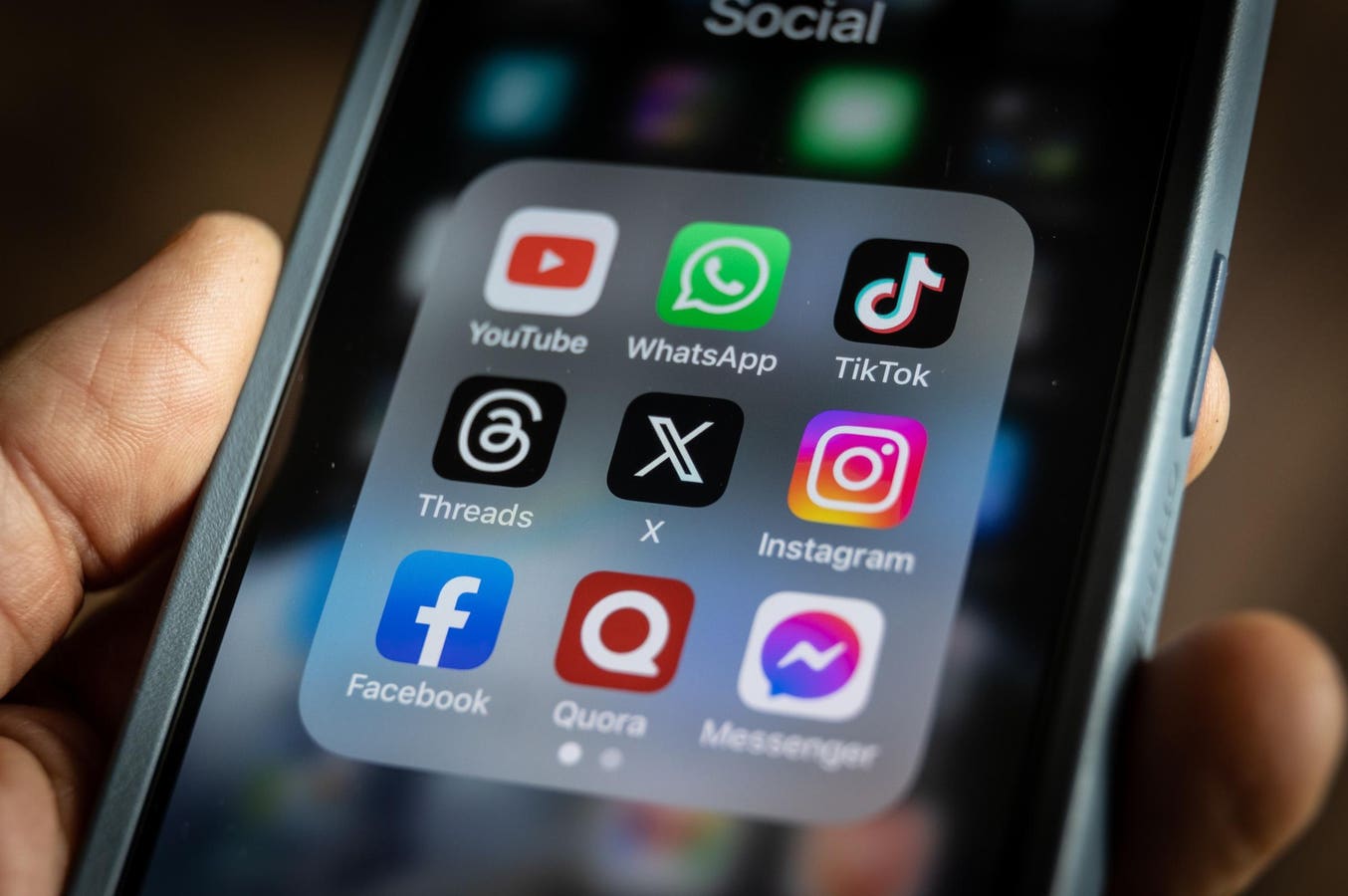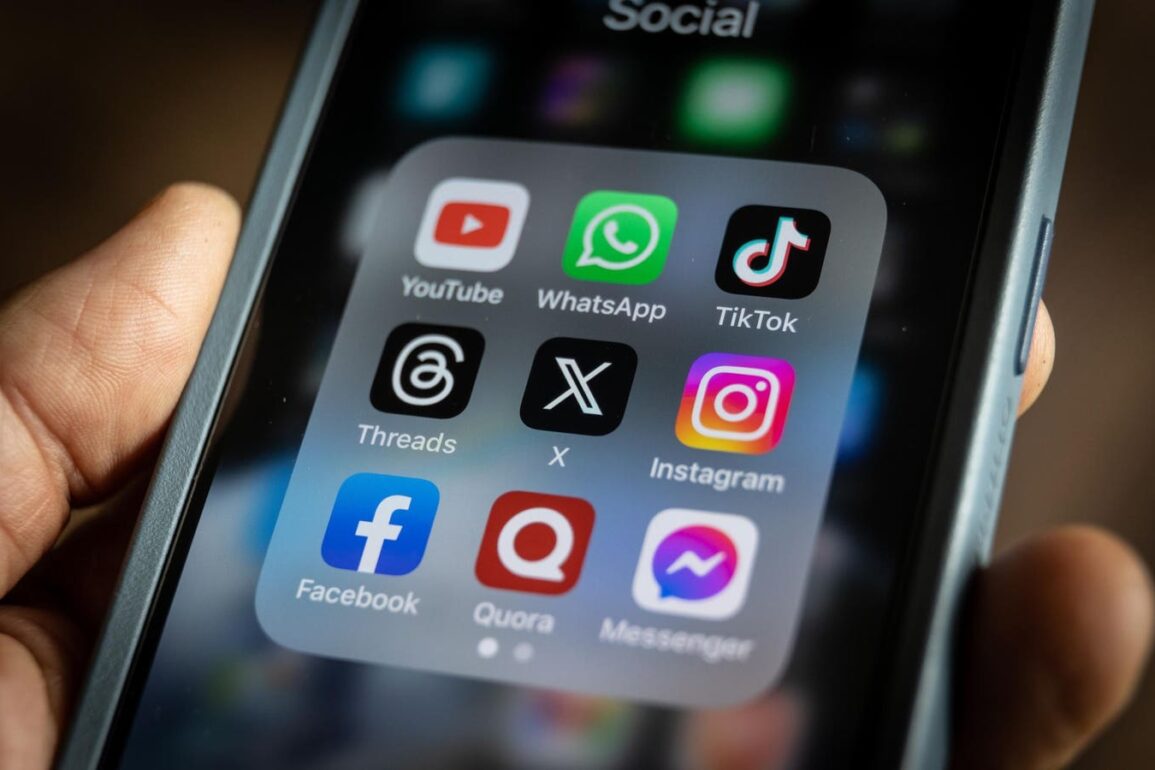
A new generation of tech founders seeks to revolutionize social media for economic empowerment
Social media users who left the Elon Musk-owned platform, X, in response to the owner’s involvement in the November 2024 election, tended to flock to alternatives like Bluesky.
Among the so-called “Twitter quitters” were Black content creators who had grown their brands on the site and established a culturally-specific enclave within the platform, known as Black Twitter. Tech entrepreneur, Vince Martin, is hoping that those social media users will find a new home at his site, BlackShares, which launched in March 2025.
Martin is one of several founders aiming to reimagine how people interact online.
Similarly, sites like Bluesky, are reclaiming the characteristics that made the internet more fun before conglomerates like Meta dominated. Bluesky is literally built different, using an open source toolbox that the company says encourages the kind of engagement that was typical of an earlier internet era.
So far, Bluesky CEO Jay Graber’s efforts have been successful. Bluesky was established in 2021 and has since grown to more than 30 million users, according to its website.
BlackShares is a social enterprise charting its own path that prioritizes community, self-determination, and economic empowerment.
“It’s a really critical thing for us as a community to come together at this time” Martin said in an interview. “We need to protect ourselves, and more than that, we need to build.”
A New Vision For The Black Public Square
The idea for BlackShares came to Martin years ago, while he was running a startup that routed online shopping commissions to non-profit organizations serving Black communities. When he learned about the recent boycotts that developed in response to large corporations rolling back their diversity, equity and inclusion initiatives, he was prompted to act.
“I think that where things are going, there is a strengthening sense of community,” he said, “that’s partially evidenced in the Target boycotts.”
If consumers were willing to withhold their dollars from the retailers that seemingly took them for granted, he thought, then perhaps they would also be willing to reconsider their social media loyalties. Martin wants to leverage the momentum of the boycotts to draw users to an online space that is Black owned.
“Ownership is really critical,” he told me. “If we’ve learned anything over the past months, it’s that our continued progress as a community requires ownership. Without it we have no agency or real say in our destiny—we are at the mercy of others to do what’s right.”
Media entrepreneurs have long understood, and capitalized on, the correlation between Black representation and ownership. Notably, newspaper owners who thrived during the height of the Black press in the first half of the 20th century, grew their readerships by adopting a “for us, by us” editorial approach. When public discourse began shifting from print to new media, BlackPlanet emerged, guided by the same philosophy.
Before Black Twitter, BlackPlanet functioned as one of a few spaces for Black discourse online. Once the most-visited website for Black internet users, its popularity had declined by 2010.
Martin is hoping that his values-forward approach will help BlackShares avoid such a fate.
Building Black Wealth Online
Half of the revenue that BlackShares generates goes back into the Black community and users earn a commission for referring new people to the site.
“We’re paying out a dividend, an overall revenue share, to every member of the platform based on their activity,” Martin said. “And then we have another percentage that goes into an investment fund for Black founders.”
Eventually, Martin hopes to help other entrepreneurs build their businesses through the platform. The site will facilitate collaboration and skills-sharing to offset startup costs.
Martin is not alone in his ambitions to use digital technologies to build the next Black Wall Street. Several Black-founded apps and networks have emerged in the past decade, all with economic empowerment woven into their visions.
Fanbase founder Isaac Hayes III wants the platform to help creatives monetize without having to go through traditional media gatekeepers. John York and John McAdory established Frequency People in 2017 with a focus on giving users the control to curate communities according to their own standards, while also generating revenue.
“We wanted to create a space where users could thrive within their communities and offer a place for authentic engagement built-in with enterprise solutions,” McAdory said in a press release.
Like Martin, these founders represent a new generation of Black tech entrepreneurs who envision a more equitable future for users and creators.
“There’s always the danger that the moment will pass,” Martin said, “and that people will go back into old habits, but I do think that we’re going into a new era here. We have to be proactive in using our energy to create the world we want.”
This post was originally published on this site be sure to check out more of their content








